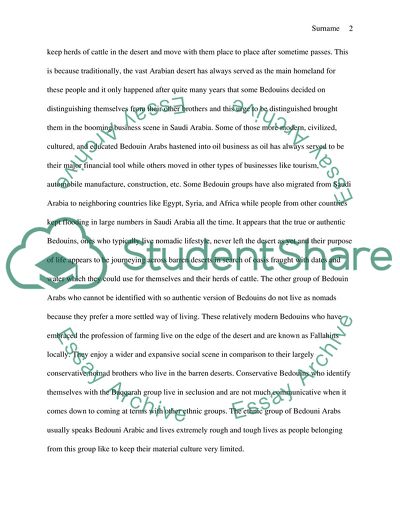Cite this document
(Ethnic Group in Saudi Arabia Coursework Example | Topics and Well Written Essays - 1500 words, n.d.)
Ethnic Group in Saudi Arabia Coursework Example | Topics and Well Written Essays - 1500 words. https://studentshare.org/culture/1771620-ethnic-group-in-saudi-arabia
Ethnic Group in Saudi Arabia Coursework Example | Topics and Well Written Essays - 1500 words. https://studentshare.org/culture/1771620-ethnic-group-in-saudi-arabia
(Ethnic Group in Saudi Arabia Coursework Example | Topics and Well Written Essays - 1500 Words)
Ethnic Group in Saudi Arabia Coursework Example | Topics and Well Written Essays - 1500 Words. https://studentshare.org/culture/1771620-ethnic-group-in-saudi-arabia.
Ethnic Group in Saudi Arabia Coursework Example | Topics and Well Written Essays - 1500 Words. https://studentshare.org/culture/1771620-ethnic-group-in-saudi-arabia.
“Ethnic Group in Saudi Arabia Coursework Example | Topics and Well Written Essays - 1500 Words”. https://studentshare.org/culture/1771620-ethnic-group-in-saudi-arabia.


